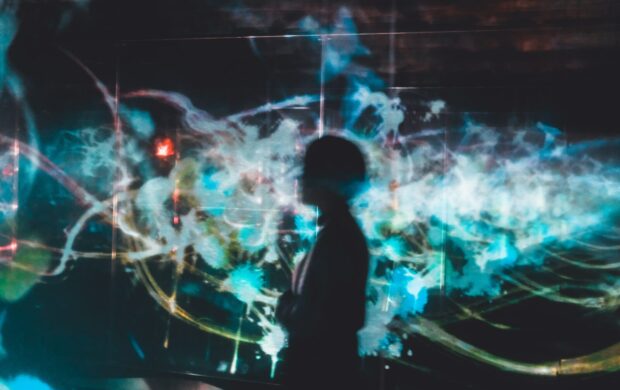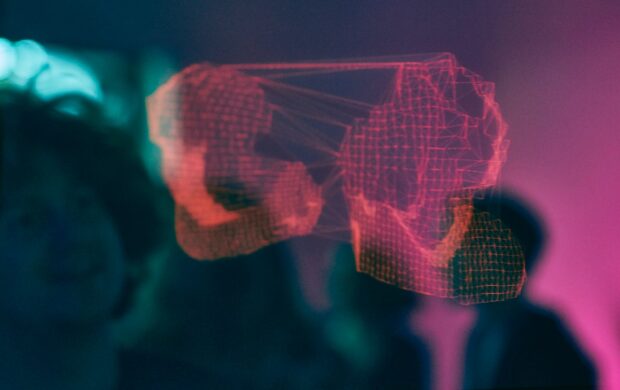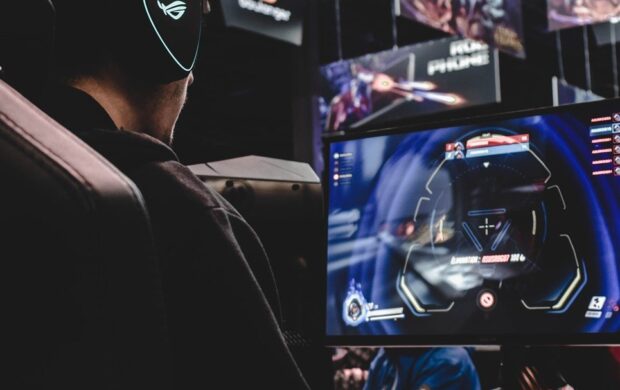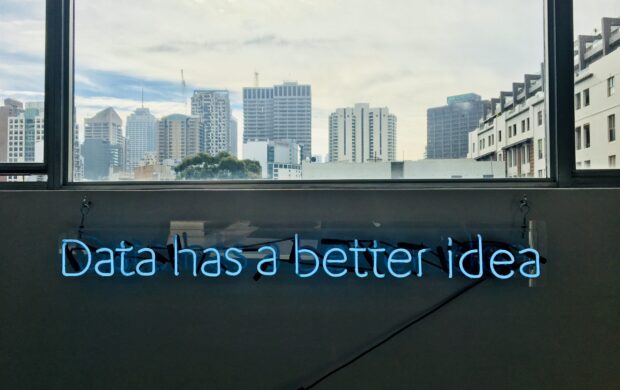A facial recognition algorithm was applied to images of over 1 million individuals to predict their political orientation. It did so by comparing the similarity to faces of either liberal and conservative others. Political orientation was correctly classified in 72% of liberal–conservative face pairs, which is much higher than chance, human accuracy, or personality questionnaire.

So what?
This finding has critical implications for the protection of privacy and civil liberties. Ubiquitous CCTV cameras and giant databases of facial images, ranging from public social network profiles to national ID card registers, make it alarmingly easy to identify individuals, as well as track their location and social interactions. Moreover, unlike other biometric systems, facial recognition can be used without subjects’ consent or knowledge.This adds to a growing concern that the widespread use of facial recognition can lead to a decline of privacy and civil liberties, especially when it’s unregulated.






















Facial recognition algorithm is a critical implications for the protection of privacy and civil liberties if use for personal gain or for a one sided uses but if this will be used for good purpose like identifying or tracking the location of who will be critical in a peace and order or who is capable in doing not good. Using this technology must be regulated because it might be abused or it can violate the in vidual human rights. None the less use this technology purposely for good intentions not for personal gain and with a caution.